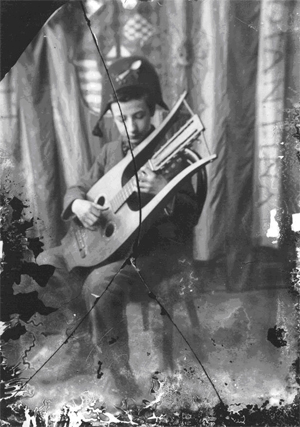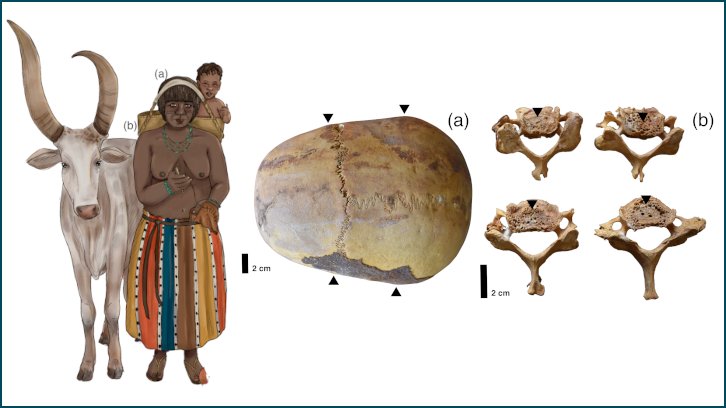The entire musical legacy of Emilio Pujol

From a historiographical point of view, Emilio Pujol Vilarrubí is a key actor in order to know guitar history from the XVI to the first half of the XX century. Pujol's publication of 1926 was the first attempt to present an overview of guitar history from egyptians and chaldean pictures to Antonio Torres guitars. This article was followed by another twenty. Among them, there are some of the earliest studies and transcriptions of vihuela music by Spanish composers.
Emilio Pujol devoted most of his life to develop the pedagogical and artistic principles of his teacher: Francisco Tárrega. To this purpose he wrote the Escuela Razonada de la Guitarra. Besides this labor there is Pujol`s work as editor. From 1925 to 1975, he arranged close to 270 works encompasing five centuries of guitar music, for guitar, vihuela and lute. Most of his editions are included in the Bibliothèque de musique ancienne et moderne pour guitare, published in Paris by Max Eschig.
The main goal of this dissertation is to recover the complete works of Emilio Pujol and to present them to performers, teachers and researchers. The study undertook has aloud us to place in a single work an important amount of data and to revise its fiability by comparison of all different sources. The dissertation is divided in three volumes. Volume second is a catalogue of all known sources about Pujol's works. Volume third is a critical edition based in all available editions and manuscripts. Volume first, chronologically the last one, is a general approach to Pujol's production, and a first attempt to evaluate the relevance of this works to the development of the classical guitar in the first half of the twentieth century.
In conclusion, this study points out the relevance of Emilio Pujol in two complementary aspects of main importance for the development of the guitar: the writing of a guitar method, complete and progressive, that provides students with the tools to overcome all difficulties presented by contemporary repertoire, and the creation of a repertoire that synthetizes the compositional practices and aesthetic ideals at the arrival of the XX century.
References
"La Obra Compositiva de Emilio Pujol (1886-1980): Estudio Comparativo, Catálogo y Edición Crítica". PhD thesis of Fabián Edmundo Hernández Ramírez. Director: Francesc Bonastre Bertran.


